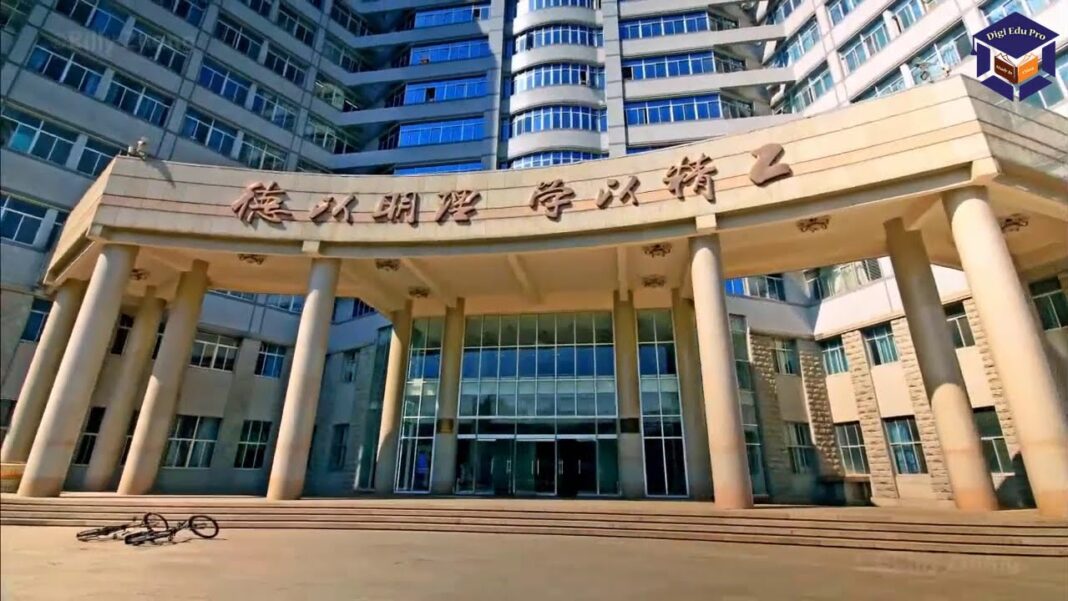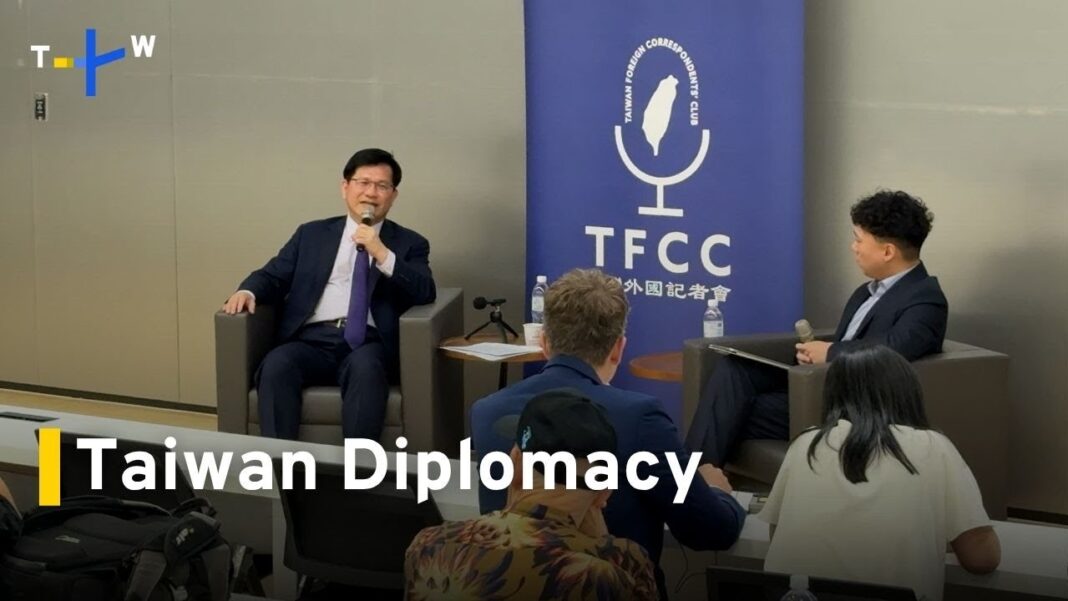The suspension involved three of China’s ‘Seven Sons of National Defense.’
The Chinese military has banned some of the country’s top defense-linked universities from participating in its procurement program, citing allegations of bid-rigging in military research projects.
The bans were announced on Nov. 9 through the official People’s Liberation Army (PLA) procurement website. According to notices reviewed by The Epoch Times, the affected institutions were accused of “manipulating bids” and “transferring improper benefits” in connection with research and development projects.
They were blacklisted by the PLA’s Central Theater Command, which oversees forces across China’s central heartland, including the capital, Beijing.
Beijing Institute of Technology (BIT) received a permanent ban; Beijing Jiaotong University was banned for two years; and Harbin Institute of Technology (HIT) and Harbin Engineering University (HEU) were suspended from bidding for three years.
Targets Among “Seven Sons of National Defense”
BIT, HIT, and HEU belong to China’s so-called “Seven Sons of National Defense,” a group of elite universities directly subordinate to the Ministry of Industry and Information Technology, which regulates China’s defense sector.
These schools form a pillar of the Chinese Communist Party’s (CCP) civil-military fusion strategy that seeks to, among other things, align academic research with military modernization goals.
BIT has long been a cornerstone of China’s missile and rocket development, credited with designing the nation’s first generations of anti-tank missiles, large field rockets, and air defense systems.
HIT, the oldest of the group, has played a critical role in advancing China’s space ambition, contributing key components to the lunar and Martian rover as well as the Tiangong-2 space lab. Its research portfolio also extends to other strategic technologies, such as nuclear power and nuclear engineering.
HEU, meanwhile, maintains deep ties to the Chinese military’s naval research and shipbuilding sectors, with many of its graduates involved in designing and constructing China’s warships, as well as developing sonar systems, submarine technologies, and unmanned underwater vehicles.
By comparison, Beijing Jiaotong University has less known association with defense work and, unlike the other three, does not appear on the U.S. Department of Commerce’s Entity List of sanctioned Chinese universities.
The PLA General Staff Department’s Work Bureau, which made the Nov. 9 suspensions, said the alleged misconduct occurred during the bidding for projects involving the development of simulation analysis modules and data-intelligence correlation algorithms. Both areas are critical to the military’s ongoing modernization efforts.
Also sanctioned the same day was the Institute of Mechanics under the Chinese Academy of Sciences, which received a three-year ban from the Central Theater Command for similar misconduct.
As of Nov. 12, all five disciplinary announcements had been taken down from a PLA procurement webpage listing such public notices. The deletions may have been prompted by concern over negative public reception, as it involved three of the prestigious “Seven Sons.”
However, at the time of this publication, individual notices sent to the affected institutions can still be found through the website’s search function.
By Bill Pan








